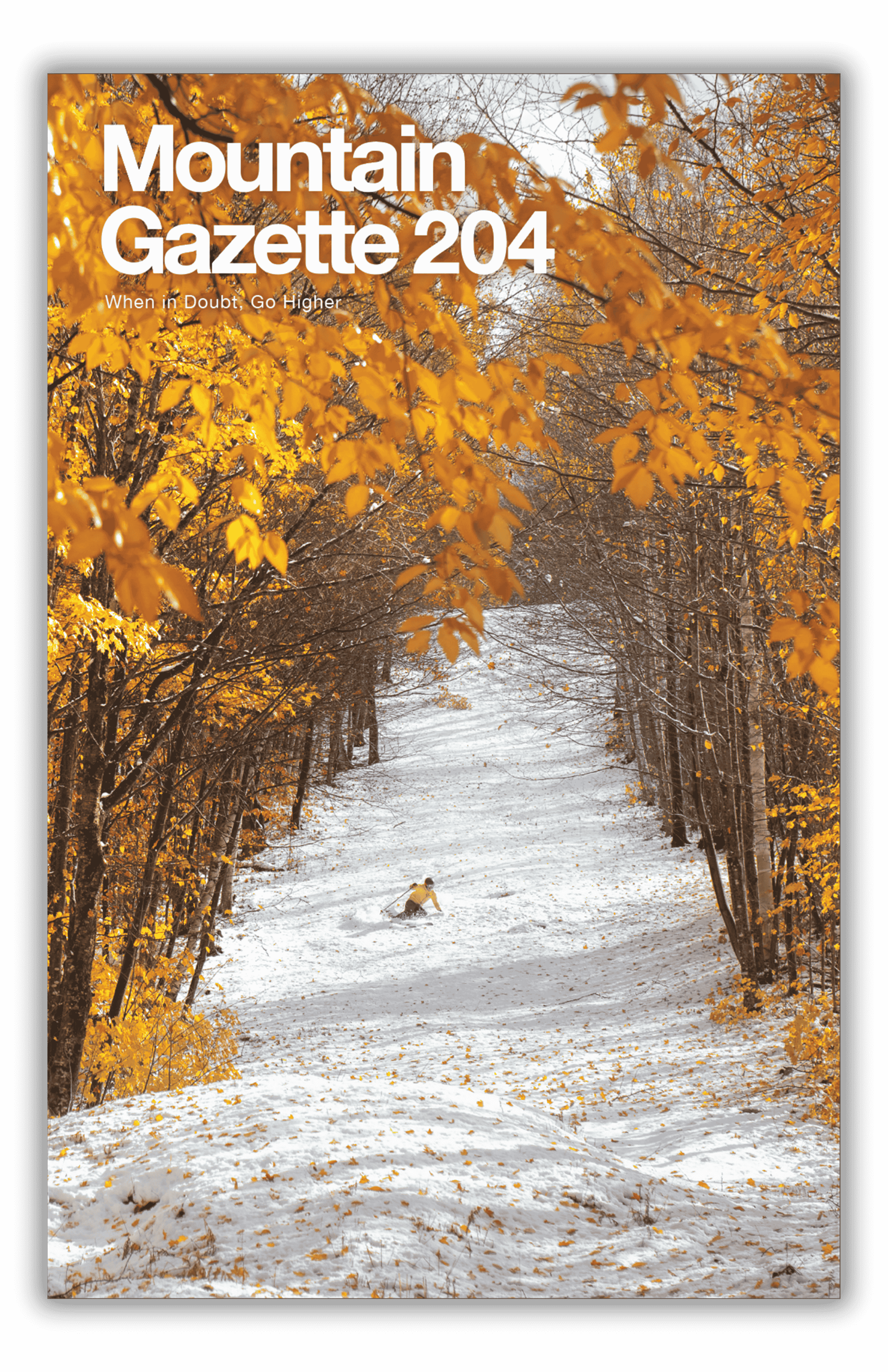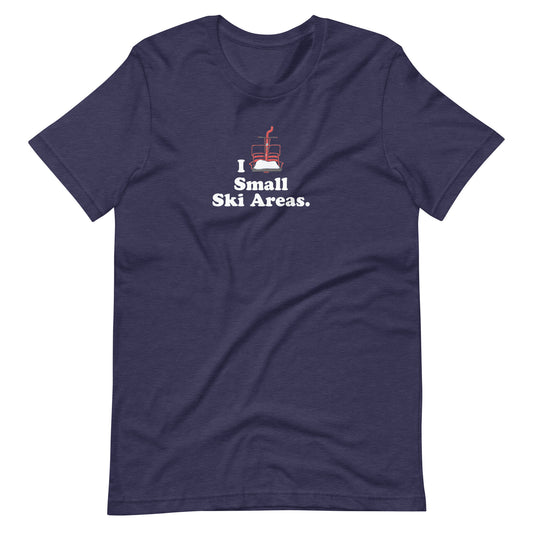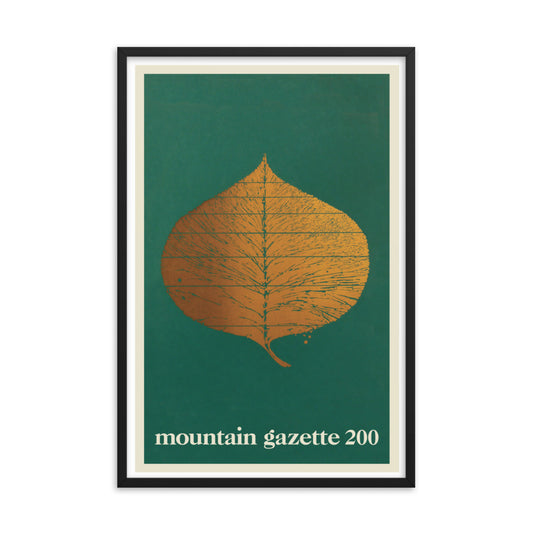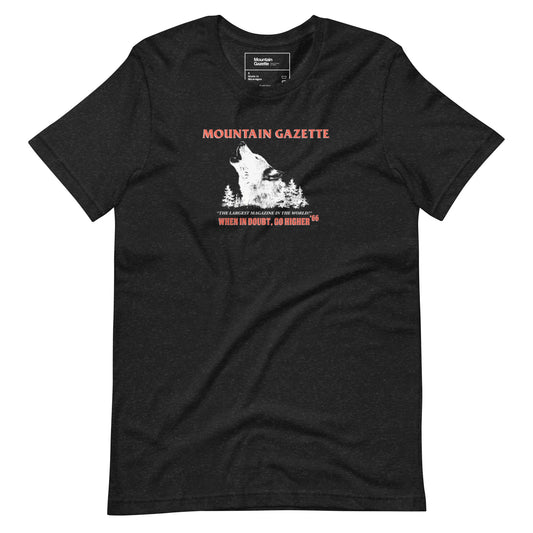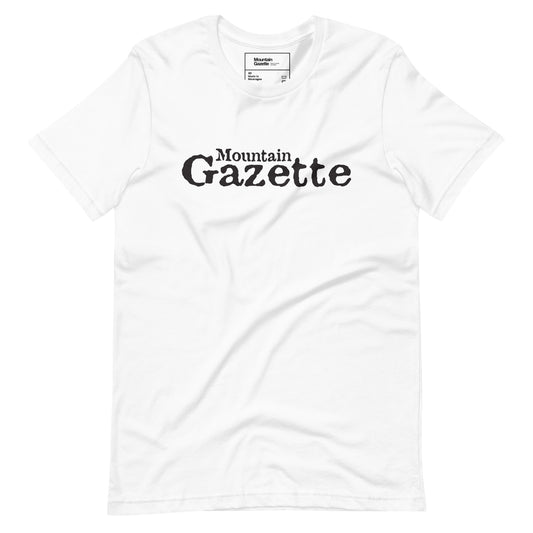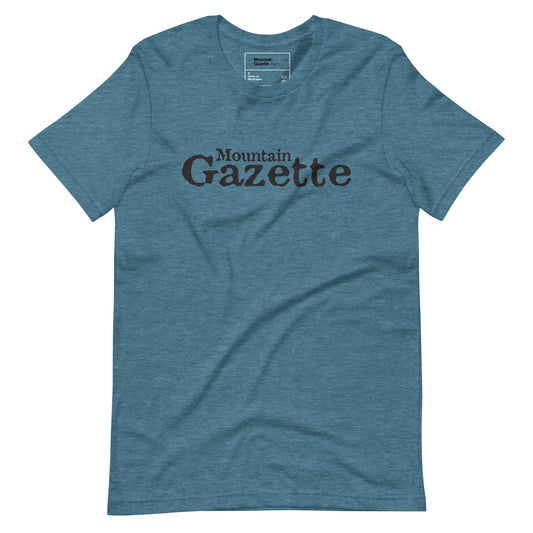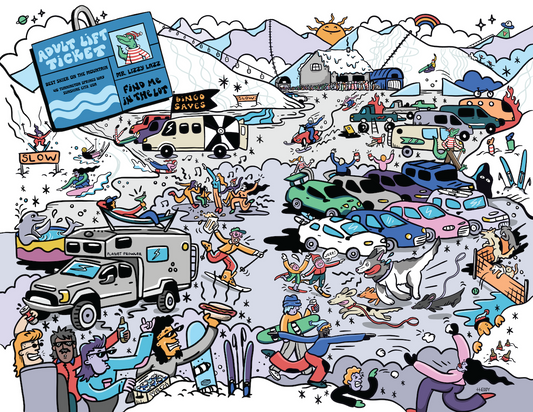Featured interview: Nelson Ng, CEO of LOST
This story originally in the Mountain Gazette Sunday email — our weekly newsletter. Subscribe to the newsletter here
Featuring personal stories and photo essays from contributors traveling the world over, the bilingual magazine is both captivating and reflective. The stories are produced from a wide range of writers, photographers, and artists whose travel experiences are not typically covered by the glossy editorial spreads of other travel magazines. Instead, LOST highlights the dialogue and arc of the individual traveler – the inner journey propelled by the outer.

On a two-day ferry ride to Kobe, Japan, Nelson Ng, a Singaporean art director, found himself alone and a little lost as he entered an unknown land. This was his first ever solo-travel trip; it was pre-iPhone era, and he spoke minimal Japanese at best.
“I depended a lot on paper maps, and asking people for directions. I’d often end up in the wrong places, and it was kind of hard to navigate,” Nelson reminisces.
As many of us who have had the privilege of experiencing long-term travel know, with the moments of exhilaration come those that are just downright uncomfortable. We also know, however, this discomfort can be valuable, and extremely formative.
Upon returning to Shanghai, Nelson began to see the ways the trip had helped him grow, reshaped his perspectives; there was something to this whole travel thing, he thought.
“My time in Japan was really just having a long conversation with myself, different parts of myself. As I was walking and taking in the sights, new and different, I was also reflecting internally. Lots of asking why: why do I live the way I do? Why do I find these things different?
That’s the really valuable thing about travel, it's not just a physical experience. I really think that travel is actually more of an internal experience – or it's both: you travel outside to go inwards.”
There is a sometimes unintentional but always unavoidable inward journey one experiences during travel, and Nelson says more often than not, you’ll see with new eyes, maybe change your mind, alter your beliefs you for so long had identified with.
“That’s why I decided to name it LOST,” he smiles. “The whole idea behind LOST is this idea of constant soul-searching. And by traveling, you're always searching.”
LOST is a collection of personal travel stories from different people all over the world. Each issue holds 10 stories, and each story, either written or visual, tells the individual story of the ‘inner journey’.
“Each person comes back with a very different interpretation of travel,” Nelson explains. “People sharing what they saw and felt during their trip, it’s all very personal.”
This intimacy is reflected visually in LOST, and in the physical feel of its pages.
“I wanted the magazine to feel very personal. The aesthetic of it resembles a traveler's notebook, a diary almost. The paper stock is very rough, it’s off-white, a typewriter kind of feeling. It feels nitty gritty, the photos can be grainy or blurry, and so it's not a perfect picturesque magazine. But that's not what LOST is about – it's really that moment where the traveler is feeling something, and I wanted to recreate that personal feeling.
“It’s like when you get home from travel, the pages of your notebook are crumpled, and you say: ‘Yeah, that feels good.’”
Today, print can sometimes feel like the underdog to the digital – digitized information is literally at our fingertips – but lovers of print will likely agree with Nelson when he says nothing compares to the feeling of pages in your hand.
“Especially here in China, most people read on their phones. Starting the magazine was, in some ways, in response to that lifestyle. The way people receive information can be fragmented, even secondhand. It's really interesting. Print offers a more complete experience.”

Before LOST, Nelson was working for a large advertising firm. Going from such a big workforce to complete independence for Nelson was – in keeping with the theme – totally foreign.
“That was risky, definitely,” he shares. “Starting LOST was more like a side passion project. So there was no business idea or anything. After I published the third issue, I decided to leave that job to focus on the magazine full time. It was a risk, but I felt ready, and I went into it saying, ‘Okay, this feels good. I kind of have to do it.’”
What is next for LOST? Expanding their stock.
“I would love for people to just check out the magazine if they can,” Nelson says. “We’re not stocked in many places in the U.S. right now. But that's also something we're constantly working on, and a place we hope to get to soon.”
As one of the only few bilingual magazines coming out of China, LOST has grown in popularity, and has thus-far been distributed to places like Taiwan, London, Berlin, Amsterdam, and New York. Mainly carried by small independent cafés and lifestyle shops, it remains at heart a self-published magazine that connects both Asian and Western audiences who share a love of travel and authentic storytelling.
LOST’s fourth issue will be printed early next year. You can subscribe here, and keep up with their Instagram for more updates from Nelson and the team.


